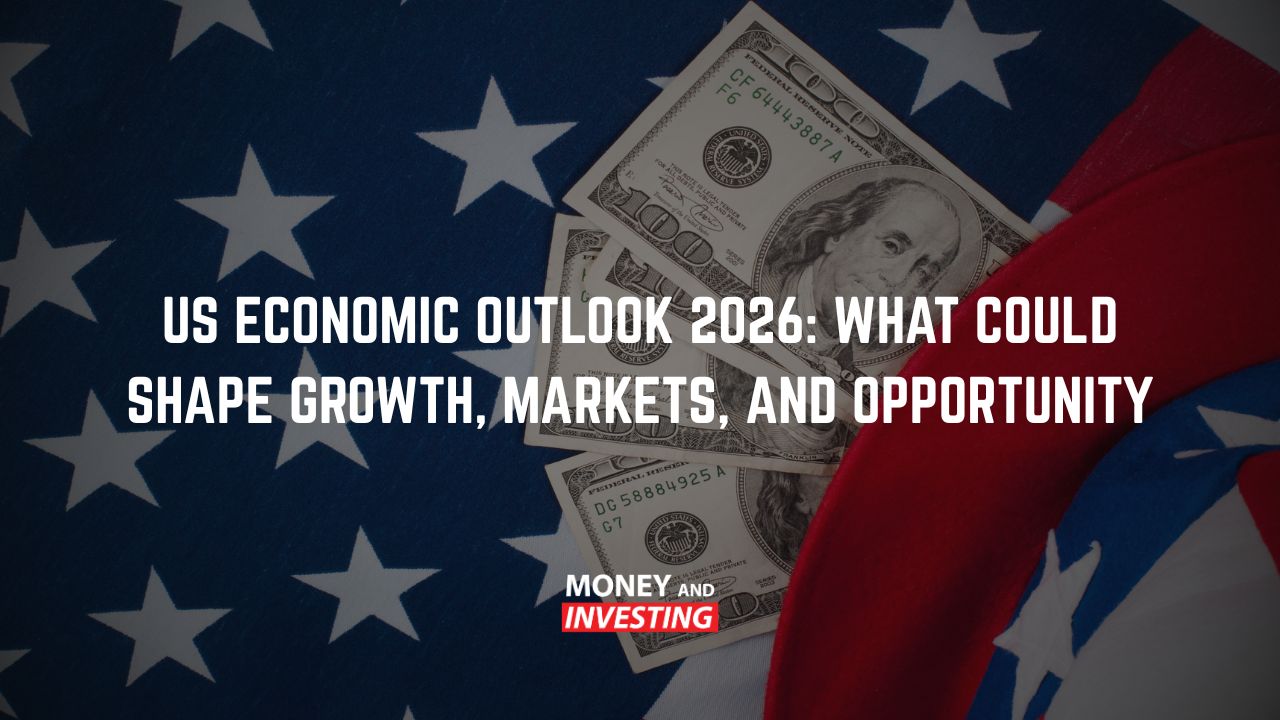The results of the recent US presidential election have sparked significant discussions about its economic impacts. With the 47th president taking office and the Republican Party securing substantial control in both the Senate and Congress, the political landscape is set for major economic and market changes. Here’s a professional breakdown of the expected policy shifts, their implications, and their potential to shape financial markets.
Policy Shifts and Economic Outlook
1. Tax Legislation
The Republican administration is expected to extend and expand prior tax reforms. Key changes include:
- Corporate Tax Reductions: Lower tax rates for businesses may encourage companies to repatriate overseas earnings. This could boost tax revenues despite lower rates while increasing company profitability, benefiting shareholders and employees alike.
- Economic Effects: Reduced corporate taxes could stimulate investments, improve employee benefits, and enhance stock market performance. A robust stock market supports superannuation funds and managed investments, indirectly benefiting a broad demographic.
2. Deregulation
Easing regulations is a central focus, with potential impacts across key industries:
- Energy Sector: Large-scale fracking and streamlined energy production regulations are likely. Lower energy prices could reduce costs for households and businesses, affecting everything from food production to manufacturing.
- Housing and Construction: By reducing red tape, the administration aims to address housing shortages. This could revitalise real estate and construction, creating employment and increasing housing supply.
3. Spending Priorities
While tax cuts suggest reduced revenue, the administration has proposed significant spending initiatives:
- Border Security and Immigration: Planned investments include enhanced border control, with an estimated cost of $88 billion over the next decade.
- Redirected Funds: Reallocating resources from international aid, such as support for Ukraine, to domestic projects may redefine fiscal strategies.
Market Response
Financial markets are forward-looking, reflecting anticipated changes before policies take effect. Here’s how key sectors have responded:
1. Stock Market Rally
Following the election, major US indices posted strong gains:
- S&P 500: Up nearly 5%.
- NASDAQ: Rose by 6%.
- Russell 2000: Led with an 8% increase.
The positive response reflects expectations of business-friendly policies, including tax cuts and deregulation. Historically, the S&P 500 has averaged an 11% gain in the year following a presidential election.
2. Sectors Set to Benefit
- Real Estate: Streamlined housing approvals and increased supply could rejuvenate the sector. Real estate also supports significant employment.
- Financial Services: With a stronger economy, the financial sector often performs well, benefiting from wider lending margins.
- Utilities and Energy: Infrastructure investment and energy deregulation could drive growth, particularly in regions needing modernised power grids.
Trade and Tariffs: A Strategic Shift
The administration is likely to use tariffs strategically to support domestic manufacturing:
- Onshoring Production: Companies producing offshore may face steep tariffs unless they relocate operations to the US. This could incentivise local production, create jobs, and boost domestic tax revenue.
- Balancing Inflation Risks: While tariffs may increase import costs, encouraging local production could mitigate inflationary pressures by strengthening domestic supply chains.
Navigating Uncertainty and Investing Wisely
Periods of political change often lead to market uncertainty. Historically, markets stabilise and perform well post-election. Key factors to monitor include:
- Interest Rates: Rates may remain higher if economic growth accelerates.
- Inflation Control: Lower energy prices and increased domestic production could help manage inflation.
- Sector Growth: Real estate, energy, and financial services are expected to perform strongly under the new administration.
As the political dust settles, the economic outlook becomes clearer. For investors, this is the time to evaluate opportunities and position portfolios for potential growth.



